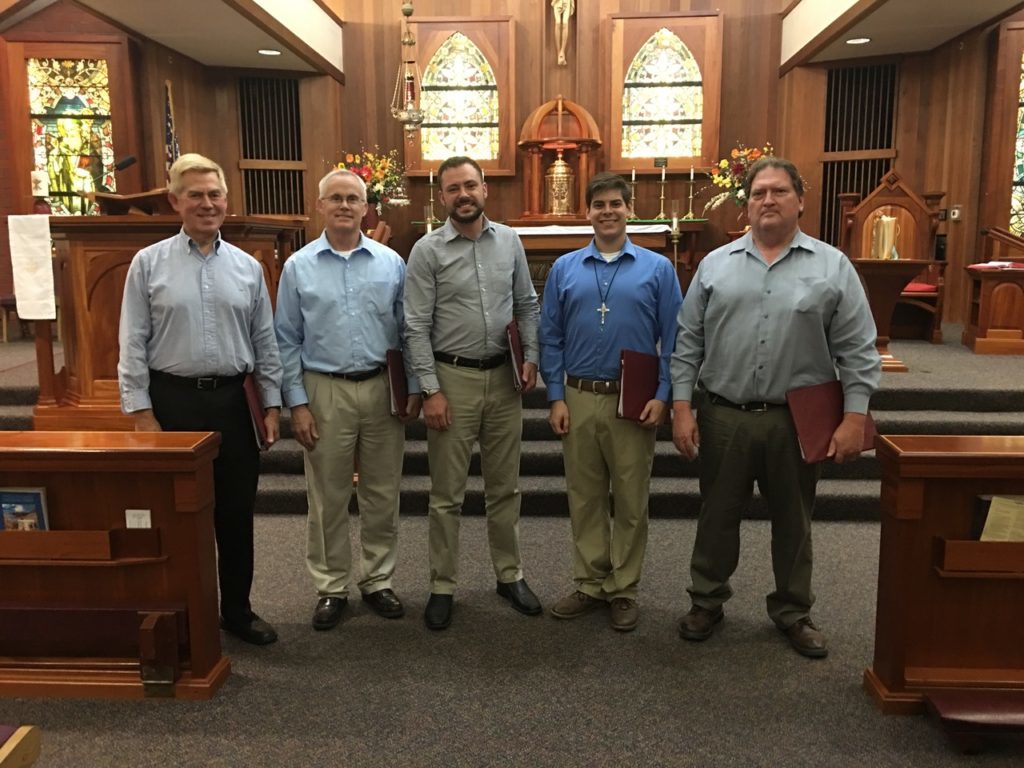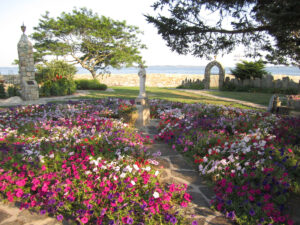Recently the men’s schola of St. Patrick Church in Placerville made its debut at the Vigil of the Assumption.
It was a newly scheduled Mass, as they usually don’t have vigils for holy days of obligation. Lesson #1: If you want to bring Gregorian chant to your parish, don’t take away anybody else’s beloved music (or time slot).
People have a lot of misguided assumptions around Gregorian chant. People who know that I was the founding chairman of the Ave Maria University sacred music department and that I once led a semi-professional choir Voci del Tesoro often assume only expert musicians can “pull off” Gregorian chant.
But on the other hand, as Maggie Gallagher, executive director of the Benedict XVI Institute for Sacred Music and Divine Worship (on whose board I serve) likes to remind people: This is the same music that was sung in thousands of ordinary parishes over thousands of years by people who not only did not know how to read music, they didn’t know how to read.
Gregorian chant I tell people is something the ordinary parish can handle; we can all learn to sing the Mass together. I preached it so long that at last my own pastor put me to the test: He invited me to form a St. Patrick’s schola in Placerville, California. Okay, well we sort of asked if we could come and our pastor welcomed the idea.
St. Patrick’s of Placerville is a beautiful parish in a beautiful mountain town about an hour east of Sacramento. It is, in other words, far from the maddening crowds and fits most people’s definition of an ordinary parish, filled as most ordinary parishes are with wonderful people.
It was time to put my mouth where my money is. We began last January with a presentation to parish youth about Gregorian chant, followed with some simple Compline chants in the church. The teens really seemed to enjoy the experience of praying together in this way. That was encouraging.
The next step was to give a chant workshop for anyone in the parish who wanted to attend. To start up the schola we also put notices in the parish bulletin, asked the pastor to say a few words and put the invite in a diocesan email newsletter.
Starting up an ordinary parish schola comes with its own set of ordinary challenges: choir members who drop in and out, a range of voices, abilities and interests, the occasional homeless guy who wants to participate with his therapy dog. All Christ’s people are welcome at the Mass.
When will you sing at Mass? I was asked. “When we sound beautiful,” I replied. Our pastor deemed the Vigil of the Assumption was the time for our debut.
The men’s schola is small, consisting of 5 men, one of whom couldn’t be there, so I brought in a few extras to help, including Lynn Kraehling, who taught with me at Ave Maria University, and is now music director at Star of the Sea in San Francisco, and James Cavanagh, who directs the Office of Worship in the diocese of Sacramento. We sang Missa Orbis Factor, with the Gloria from Missa de Angelis, and some of the Propers in English by the Benedict XVI Institute’s own Fr. Samuel Weber.
As we began, the butterflies were dancing away in my stomach. It wasn’t enough that this was our first time singing in public. The pastor was away, and we had a new priest, who had just arrived in town. He’s from the Congo and lived in France before going to San Francisco to study English.
Before Mass, I introduced myself and asked Father if he sang, and would he be singing any of the priest’s parts? He chuckled and said in a thick Congo/French accent, “Oh no. I don’t sing. I won’t be singing, not unless the Holy Spirit moves me.” Well, at least he reserved that possibility.
We began with a simple unaccompanied introit in English, and immediately, something was different about this Mass: Almost everyone in the pews sang too.
After the Kyrie and the Gloria, which they also attempted, the priest surprised us and sang the Collect. And he sang it well. And from there, he sang almost all his parts, and the congregation responded robustly. What was amazing is that he didn’t always sing the liturgical chant tunes that are from the Ordo, but neither was he wandering, lost. He was improvising, taking his time, with sometimes soaring melodies, as the Spirit inspired him.
After the Lord’s Prayer, he sang his part, the tune of which sounded half made up, half a hymn that none of us knew, and then led our response, “For the kingdom, the power and the glory are yours, now and forever.”
But none of us knew this tune. Yet the schola followed him, a millisecond behind what the priest sang, and the congregation, in full support, sang this response they had never heard before.
There was a level of reverence, exterior participation, and palpable interior participation that was extraordinary to behold. Lynn played the organ for our recessional, “Hail Holy Queen”, and even though the priest was out the door by the end of the first verse, almost everyone stayed through the last verse.
I had worried I might get complaints after Mass from people who think Gregorian chant should be remembered but not sung. Instead, there was the start of applause, which Lynn thankfully, and right on cue drowned out with a loud postlude. Quite a few folks lingered after Mass, thanking us for the music.
And the singers in our schola appreciated it too: “The debut was a wonderful experience. Being able to participate in the Mass while singing the pieces we rehearsed had a particularly powerful impact on me,” said Isaac Milos, a 33-year-old married father of three boys under the age of five who works in biotech.
We have cast down the gauntlet. Gregorian chant is not some obscure specialty for people with PhDs in music: It is the people’s music and a unique way for many to experience a new participation in the Mass.
Will it continue? If just a few more good men step up to sing, this could be the start of something wonderfully old and yet ever-new.
If you are near Placerville and would like to sing in the Men’s Schola, or the newly formed Women’s Schola, email Maggie1960Gallagher@gmail.com




